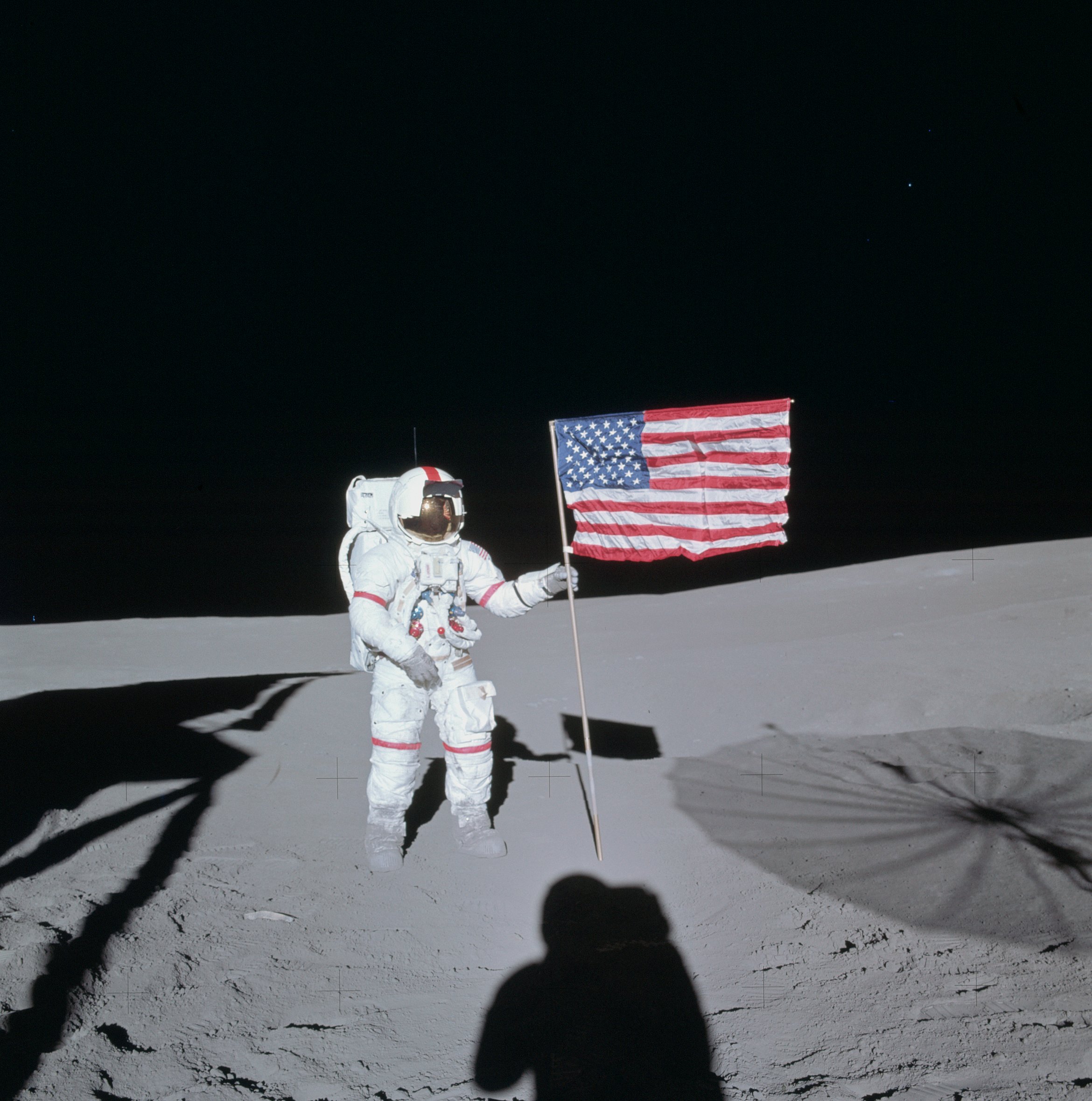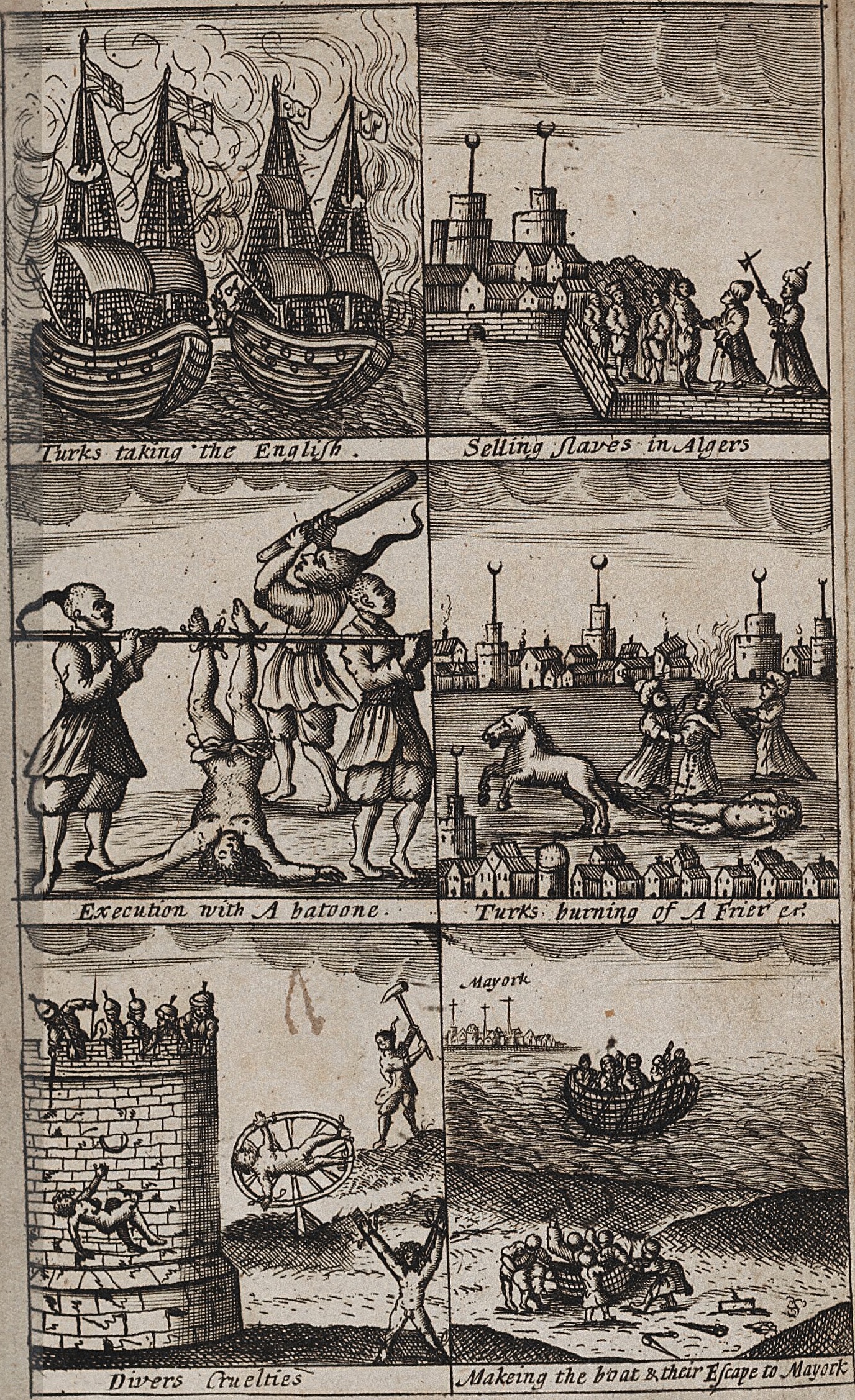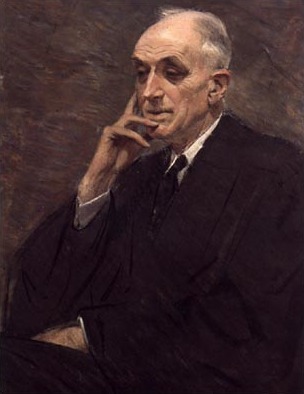|
McGautha V. California
''McGautha v. California'', 402 U.S. 183 (1971), is a criminal case heard by the United States Supreme Court, in which the Court held that the lack of legal standards by which juries imposed the death penalty was not an unconstitutional violation of the due process clause portions of the Fourteenth Amendment to the United States Constitution, Fourteenth Amendment.''Criminal Law - Cases and Materials'', 7th ed. 2012, Wolters Kluwer Law & Business; John Kaplan (law professor), John Kaplan, Robert Weisberg, Guyora Binder, /ref> John Marshall Harlan II, Justice Harlan wrote that writing rules for jury death penalty decisions was beyond current human ability. The context was public and philosophical scrutiny of the unequal application of the death penalty, especially in that blacks who killed whites were much more likely to have a death penalty imposed. McGautha was superseded one year later by ''Furman v. Georgia''. References External links * United States Supreme Court case ... [...More Info...] [...Related Items...] OR: [Wikipedia] [Google] [Baidu] |
Lawyers' Edition
The ''United States Supreme Court Reports, Lawyers' Edition'', or ''Lawyers' Edition'' (L. Ed. and L. Ed. 2d in case citations) is an unofficial reporter of Supreme Court of the United States opinions. The ''Lawyers' Edition'' was established by the Lawyers Cooperative Publishing Company of Rochester, New York in 1882, and features coverage of Supreme Court decisions going back to 1790. The first ''Lawyers' Edition'' series corresponds to the official '' United States Reports'' from volume 1 to volume 351, whereas the second series contains cases starting from the official reporter volume 352. It is currently published by LexisNexis. The ''Lawyers' Edition'' differs from the official reporter in that the editors write headnotes and case summaries, as well as provide annotations to some cases, and decisions are published far in advance of the official reporter. As such, it is similar to West's unofficial '' Supreme Court Reporter'' (S. Ct.). ''Lawyers' Edition'' case report ... [...More Info...] [...Related Items...] OR: [Wikipedia] [Google] [Baidu] |
Robert Weisberg
Robert I. Weisberg is an American lawyer. He is an Edwin E. Huddleson, Jr. Professor of Law at Stanford Law School, and an expert on criminal law and criminal procedure, as well as a leading scholar in the law and literature movement. Weisberg was educated at Bronx High School of Science, and received his B.A. from City College of New York in 1966. He obtained his M.A. and Ph.D. degrees in English from Harvard University in 1967 and 1971. After graduation, he taught English at Skidmore College from 1970 to 1976. Weisberg left to attend Stanford Law School, where he received a J.D. in 1979 and was the Editor-in-Chief of the ''Stanford Law Review''. He then served as a law clerk for Judge J. Skelly Wright of the U.S. Court of Appeals for the District of Columbia Circuit, followed by Justice Potter Stewart of the U.S. Supreme Court during the 1980 Term. In 1981, he joined the faculty at Stanford Law School, where he has won numerous teaching awards, served as special assistant ... [...More Info...] [...Related Items...] OR: [Wikipedia] [Google] [Baidu] |
1971 In California
* The year 1971 had three partial solar eclipses (February 25, July 22 and August 20) and two total lunar eclipses ( February 10, and August 6). The world population increased by 2.1% this year, the highest increase in history. Events January * January 2 – 66 people are killed and over 200 injured during a crush in Glasgow, Scotland. * January 5 – The first ever One Day International cricket match is played between Australia and England at the Melbourne Cricket Ground. * January 8 – Tupamaros kidnap Geoffrey Jackson, British ambassador to Uruguay, in Montevideo, keeping him captive until September. * January 9 – Uruguayan president Jorge Pacheco Areco demands emergency powers for 90 days due to kidnappings, and receives them the next day. * January 12 – The landmark United States television sitcom '' All in the Family'', starring Carroll O'Connor as Archie Bunker, debuts on CBS. * January 14 – Seventy Brazilian political prisoners ... [...More Info...] [...Related Items...] OR: [Wikipedia] [Google] [Baidu] |
1971 In United States Case Law
* The year 1971 had three partial solar eclipses (Solar eclipse of February 25, 1971, February 25, Solar eclipse of July 22, 1971, July 22 and Solar eclipse of August 20, 1971, August 20) and two total lunar eclipses (February 1971 lunar eclipse, February 10, and August 1971 lunar eclipse, August 6). The world population increased by 2.1% this year, the highest increase in history. Events January * January 2 – 66 people are killed and over 200 injured 1971 Ibrox disaster, during a crush in Glasgow, Scotland. * January 5 – The first ever One Day International cricket match is played between Australia and England at the Melbourne Cricket Ground. * January 8 – Tupamaros kidnap Geoffrey Jackson, British ambassador to Uruguay, in Montevideo, keeping him captive until September. * January 9 – Uruguayan president Jorge Pacheco Areco demands emergency powers for 90 days due to kidnappings, and receives them the next day. * January 12 – The landmark United ... [...More Info...] [...Related Items...] OR: [Wikipedia] [Google] [Baidu] |
Capital Punishment In California
In the U.S. state of California, capital punishment is a legal penalty. However it is not allowed to be carried out because executions were halted by an official moratorium ordered by Governor Gavin Newsom. Prior to the moratorium, executions were frozen by a federal court order since 2006, and the litigation resulting in the court order has been on hold since the promulgation of the moratorium. Thus, there will be a court-ordered moratorium on executions after the termination of Newsom's moratorium if capital punishment remains a legal penalty in California by then. The state carried out 709 executions from 1778 until 1972 when the California Supreme Court struck down California's capital punishment statute in the case '' People v. Anderson''. California voters reinstated the death penalty a few months later, with Proposition 17 legalizing the death penalty in the state constitution and ending the ''Anderson'' ruling. Since that ruling, there have been just 13 executions, y ... [...More Info...] [...Related Items...] OR: [Wikipedia] [Google] [Baidu] |
Cruel And Unusual Punishment Clause And Death Penalty Case Law
Cruelty is the pleasure in inflicting suffering or inaction towards another's suffering when a clear remedy is readily available. Sadism can also be related to this form of action or concept. Cruel ways of inflicting suffering may involve violence, but affirmative violence is not necessary for an act to be cruel. For example, if a person is drowning and begging for help and another person is able to help with no cost or risk, but is merely watching with disinterest or perhaps mischievous amusement, that person is being cruel—rather than violent. George Eliot stated that "cruelty, like every other vice, requires no motive outside itself; it only requires opportunity." Bertrand Russell stated that "the infliction of cruelty with a good conscience is a delight to moralists. That is why they invented Hell." Gilbert K. Chesterton stated that "cruelty is, perhaps, the worst kind of sin. Intellectual cruelty is certainly the worst kind of cruelty." The word has metaphorical use ... [...More Info...] [...Related Items...] OR: [Wikipedia] [Google] [Baidu] |
United States Supreme Court Cases
This page serves as an index of lists of United States Supreme Court cases. The United States Supreme Court is the highest federal court of the United States. By Chief Justice Court historians and other legal scholars consider each Chief Justice of the United States who presides over the Supreme Court of the United States to be the head of an era of the Court. These lists are sorted chronologically by Chief Justice and include most major cases decided by the Court. * Jay, Rutledge, and Ellsworth Courts (October 19, 1789 – December 15, 1800) * Marshall Court (February 4, 1801 – July 6, 1835) * Taney Court (March 28, 1836 – October 12, 1864) * Chase Court (December 15, 1864 – May 7, 1873) * Waite Court (March 4, 1874 – March 23, 1888) * Fuller Court (October 8, 1888 – July 4, 1910) * White Court (December 19, 1910 – May 19, 1921) * Taft Court (July 11, 1921 – February 3, 1930) * Hughes Court (February 24, 1930 – Ju ... [...More Info...] [...Related Items...] OR: [Wikipedia] [Google] [Baidu] |
John Marshall Harlan II
John Marshall Harlan (May 20, 1899 – December 29, 1971) was an American lawyer and jurist who served as an associate justice of the U.S. Supreme Court from 1955 to 1971. Harlan is usually called John Marshall Harlan II to distinguish him from his grandfather John Marshall Harlan, who served on the U.S. Supreme Court from 1877 to 1911. Harlan was a student at Upper Canada College and Appleby College and then at Princeton University. Awarded a Rhodes Scholarship, he studied law at Balliol College, Oxford. Upon his return to the U.S. in 1923 Harlan worked in the law firm of Root, Clark, Buckner & Howland while studying at New York Law School. Later he served as Assistant U.S. Attorney for the Southern District of New York and as Special Assistant Attorney General of New York. In 1954 Harlan was appointed to the United States Court of Appeals for the Second Circuit, and a year later president Dwight Eisenhower nominated Harlan to the United States Supreme Court followin ... [...More Info...] [...Related Items...] OR: [Wikipedia] [Google] [Baidu] |
John Kaplan (law Professor)
John Kaplan (1929November 25, 1989) was a legal scholar, social scientist, social justice advocate, popular law professor, and author. He was a leading authority in the field of criminal law, and was widely known for his legal analyses of some of the deepest social problems in the United States. He was known for his work linking sociological research with legal policies, and limiting academic legal theory with real-world sociological data. He was an advocate for ending criminal prohibitions on private behavior such as drug use, arguing that these laws only made any problems worse. Education and career Kaplan received a bachelor of science degree in physics from Harvard University, then worked in a Naval research lab for several years. He returned to Harvard to attend Law School, was a member of the Harvard Law Review, and graduated magna cum laude. In 1954–5, after his law degree, he served as law clerk for US Supreme Court Justice Thomas C. Clark, then studied criminology in ... [...More Info...] [...Related Items...] OR: [Wikipedia] [Google] [Baidu] |
LexisNexis
LexisNexis is a part of the RELX corporation that sells data analytics products and various databases that are accessed through online portals, including portals for computer-assisted legal research (CALR), newspaper search, and consumer information. During the 1970s, LexisNexis began to make legal and journalistic documents more accessible electronically. , the company had the world's largest electronic database for legal and public-records–related information. History LexisNexis is owned by RELX (formerly known as Reed Elsevier). According to Trudi Bellardo Hahn and Charles P. Bourne, LexisNexis (originally founded as LEXIS) is historically significant because it was the first of the early information services to envision a future in which large populations of end users would directly interact with computer databases, rather than going through professional intermediaries like librarians. Available through IEEE Xplore. Other early information services in the 1970s met wi ... [...More Info...] [...Related Items...] OR: [Wikipedia] [Google] [Baidu] |
Wolters Kluwer Law & Business
Wolters Kluwer N.V. () is a Dutch information services company. The company is headquartered in Alphen aan den Rijn, Netherlands (Global) and Philadelphia, United States (corporate). Wolters Kluwer in its current form was founded in 1987 with a merger between Kluwer Publishers and Wolters Samsom. The company serves legal, business, tax, accounting, finance, audit, risk, compliance, and healthcare markets. It operates in over 150 countries. History Early history Jan-Berend Wolters founded the Schoolbook publishing house in Groningen, Netherlands, in 1836. In 1858, the Noordhoff publishing house was founded alongside the Schoolbook publishing house. The two publishing houses merged in 1968. Wolters-Noordhoff merged with Information and Communications Union (ICU) in 1972 and took the name ICU. ICU changed its name to Wolters-Samsom in 1983. The company began serving foreign law firms and multinational companies in China in 1985. In 1987, Elsevier, the largest publishing house in the ... [...More Info...] [...Related Items...] OR: [Wikipedia] [Google] [Baidu] |




